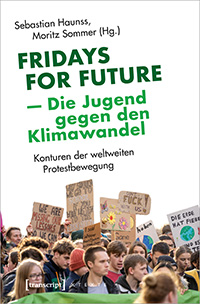
- Protesters/activists’ repertoires and framing in the countries with different quality of democracy in the context of ongoing de-democratization processes
- Authorities’ instrumentalization of the institutional and discursive mechanisms (“hard” and “soft” measures) to challenge protest culture in the target countries;
- The role of mainstream and social media – their mediation and agency – in triggering or challenging protest culture in the target countries;
- Citizens’ role in protest culture in the target countries via focusing on the perceptions and practices of three generations
- Trace the influence of the current patterns of protest culture on the state of democracy in the target countries
Contact:
Prof. Dr. Sebastian Haunss
SOCIUM Research Center on Inequality and Social Policy
Mary-Somerville-Straße 7
28359 Bremen
Phone: +49 421 218-58572
E-Mail: sebastian.haunss@uni-bremen.de
Prof. Dr. Sophia Hunger
SOCIUM Research Center on Inequality and Social Policy
Mary-Somerville-Straße 5
28359 Bremen
Phone: +49 421 218-58579
E-Mail: hunger@uni-bremen.de













